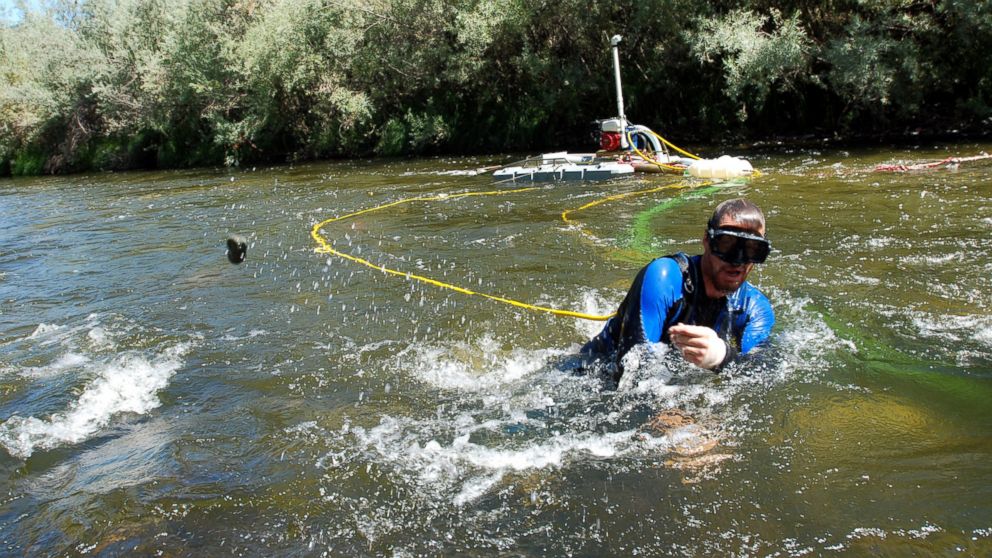California Court Maintains Ban on Controversial Gold Mining Technique
The justices ruled that a 19th century federal law did not preempt the ban.

— -- In a win for environmentalists, the California Supreme Court ruled today that a miners could not use suction dredges to extract gold from rivers on federal land in the state.
In a unanimous decision, the seven justices ruled that a California state ban on the mining technique was not preempted by a 19th century federal law that was passed to promote mining on federal lands.
The suction technique, according to court documents, is “used by miners to remove matter from the bottom of waterways, extract minerals, and return the residue to the water.”
The technique, according to the Associated Press, has been opposed by environmentalists who say it could kill fish and stir up mercury -– a toxic heavy metal.
However, miners say that it is, in effect, a ban on gold mining, because mining by hand isn't cost-effective, the news agency reported.
If the justices had made the opposite ruling, the AP reported, a new era of gold prospecting may have ensued.
According to the AP, the California legislature passed a law in 2015 that would allow officials to issue permits allowing for suction dredging, so long as certain conditions -- including the guarantee that fish and wildlife would not be significantly affected -- are met. No permits have been granted.
“California was shaped by the search for gold,” Justice Kathryn M. Werdegar wrote in the ruling. “In time, the state’s other natural treasures – its waters and wildlife, its forests and coastlines – proved similar draws.”
The Associated Press news agency contributed to this report.




